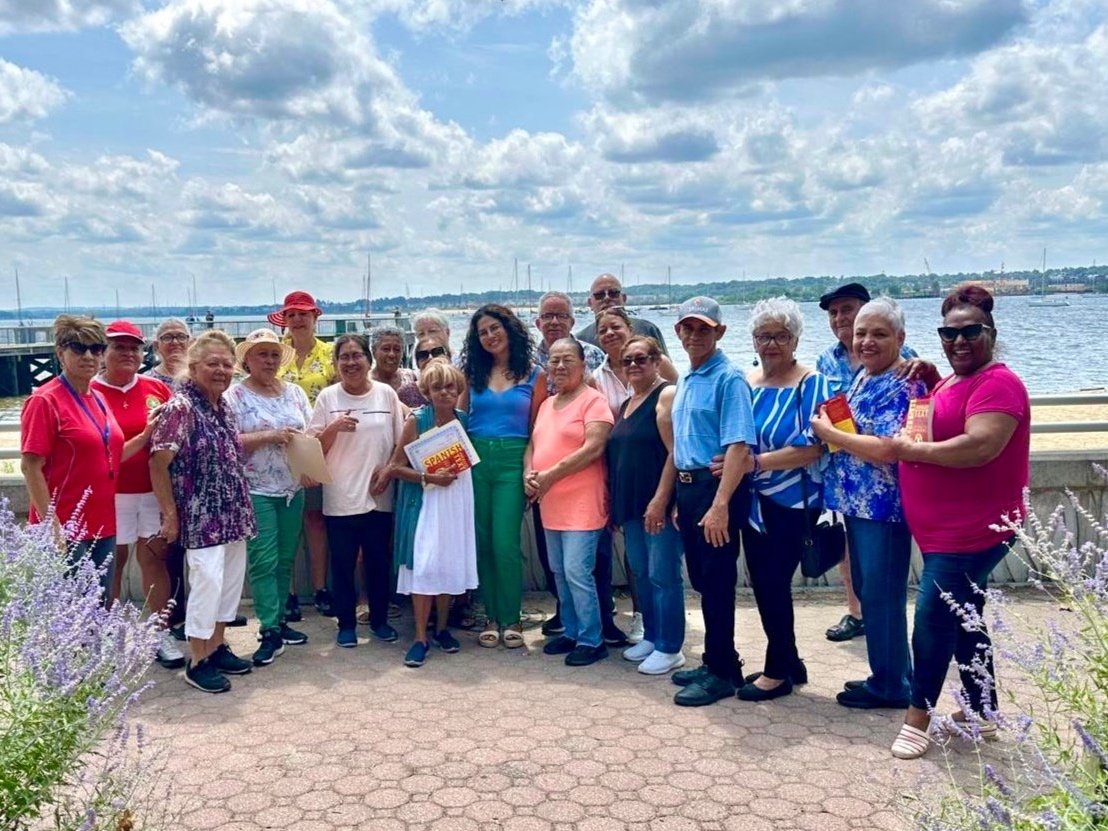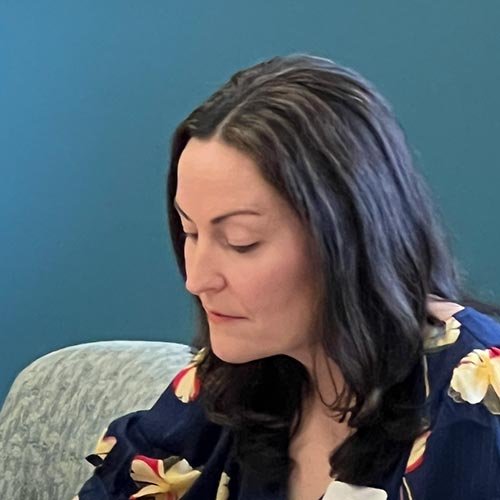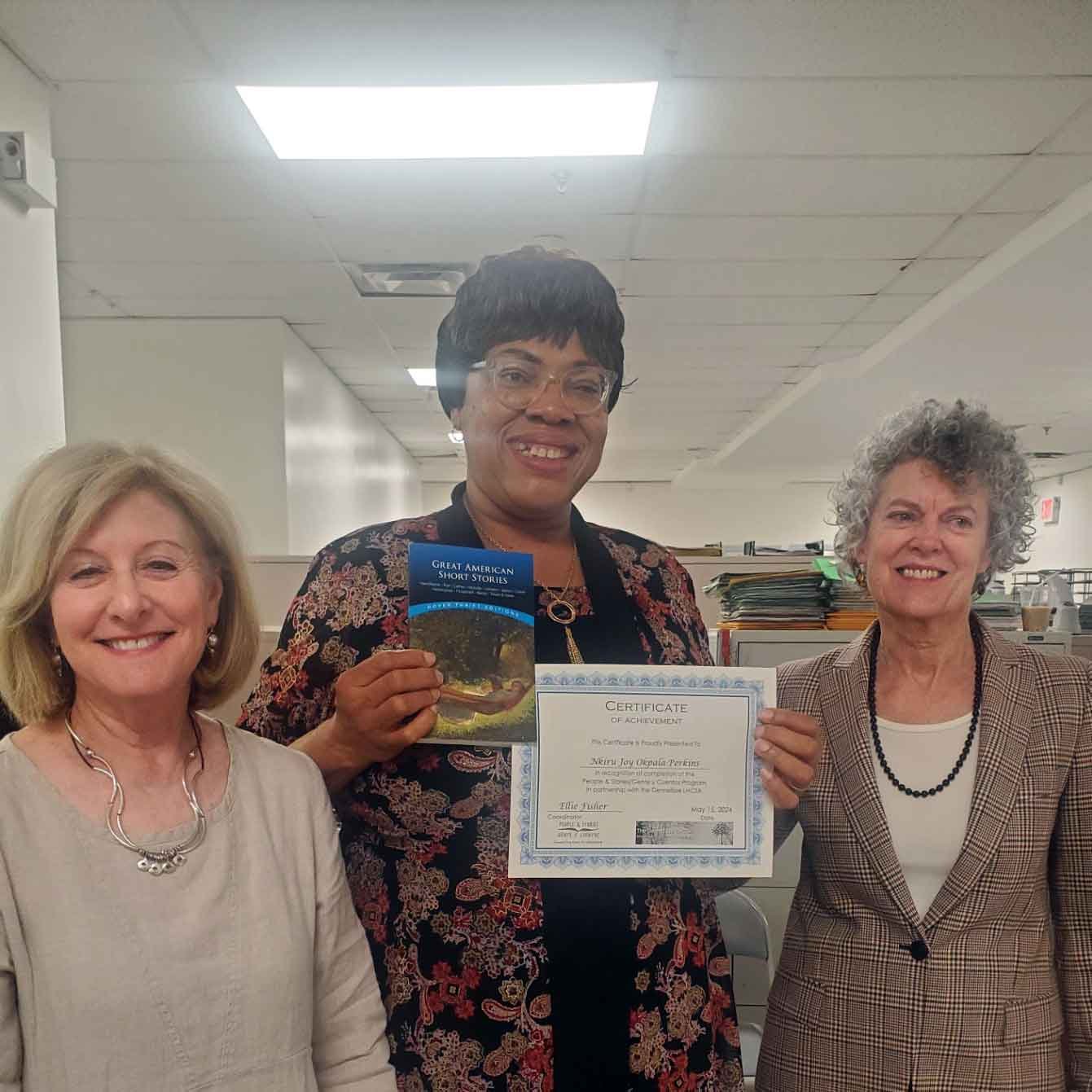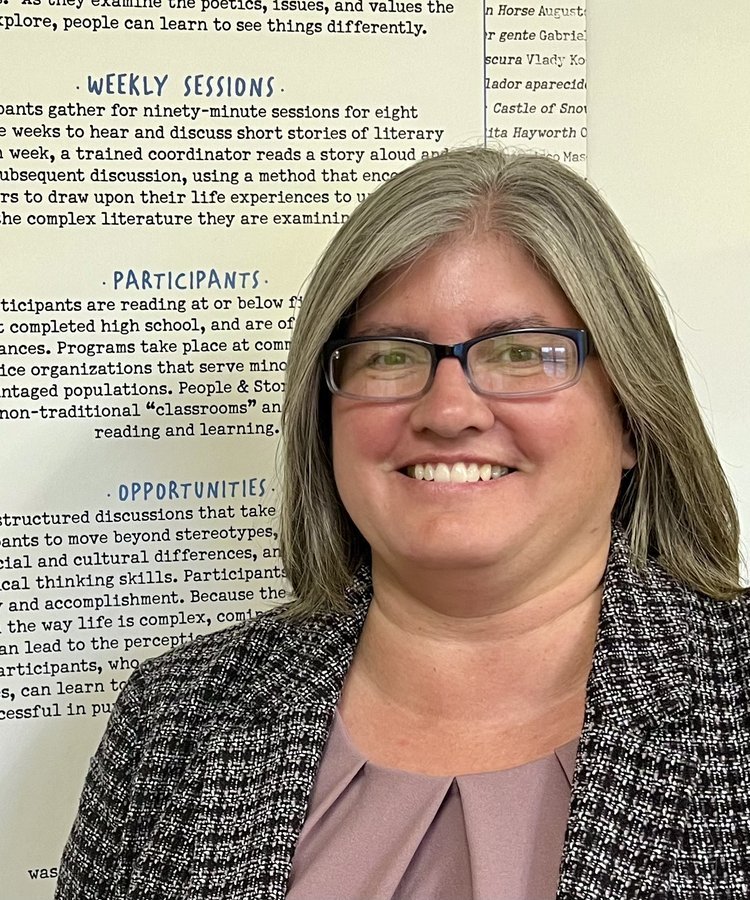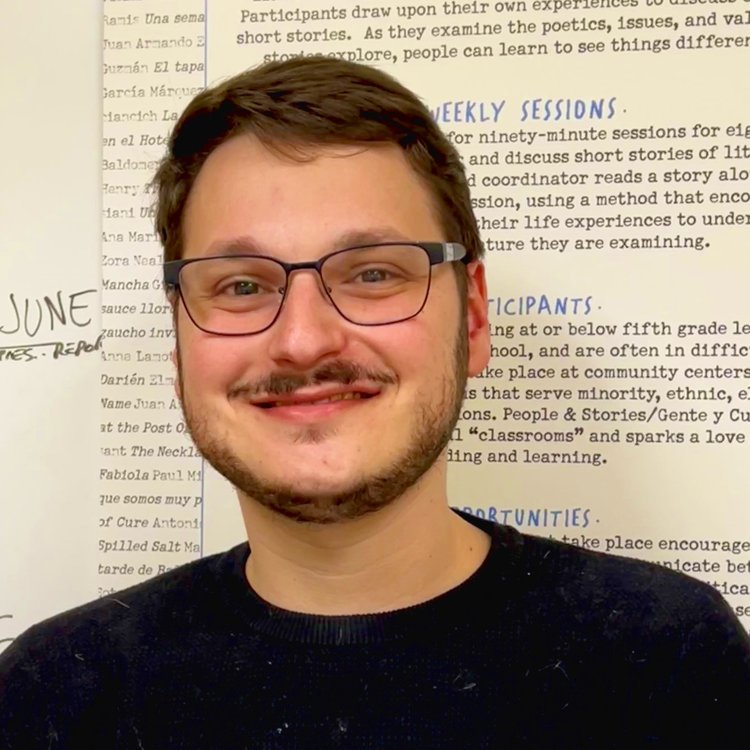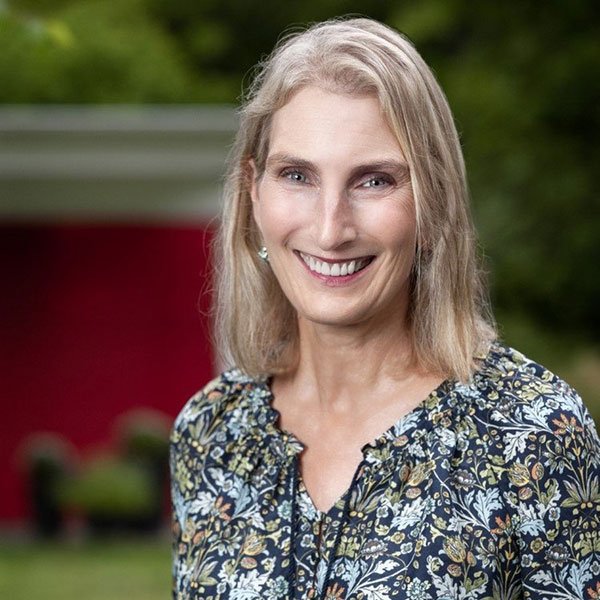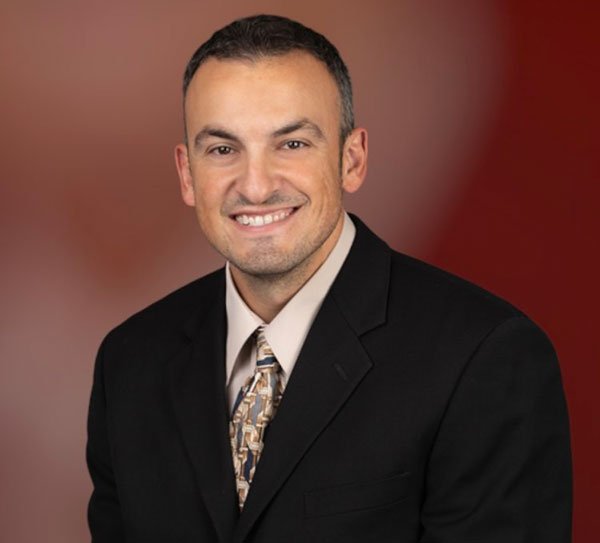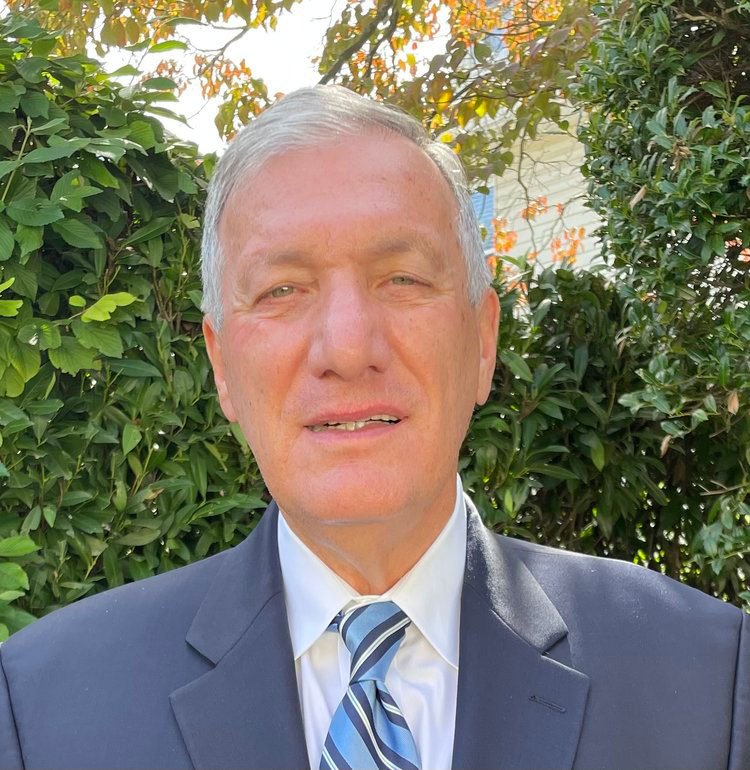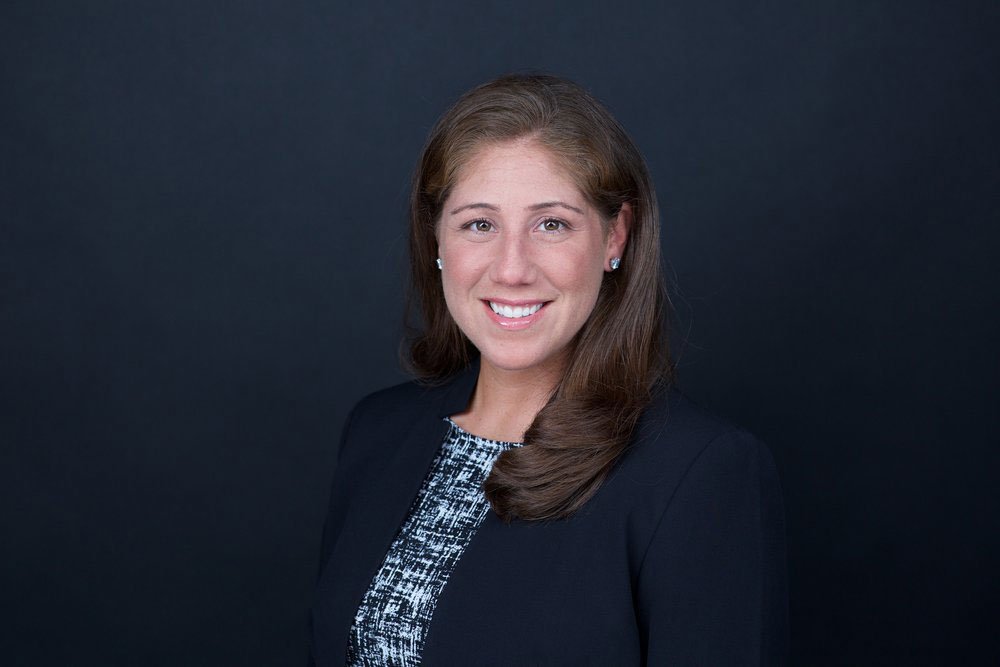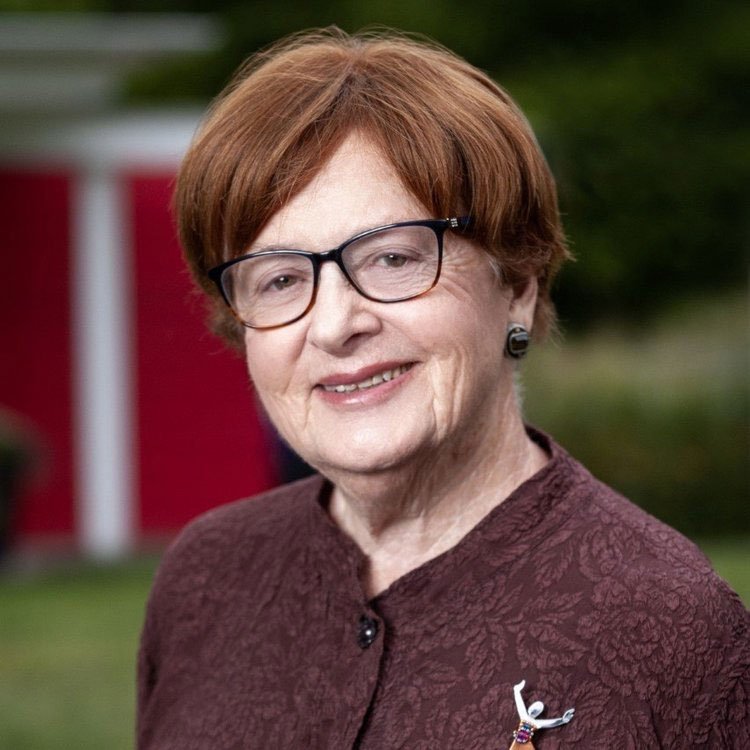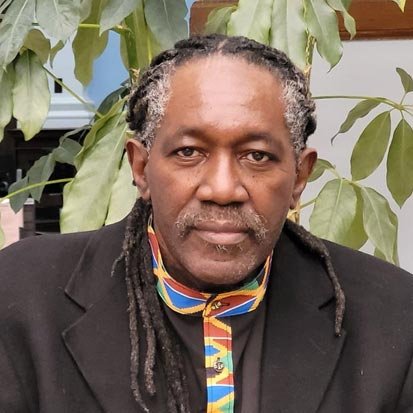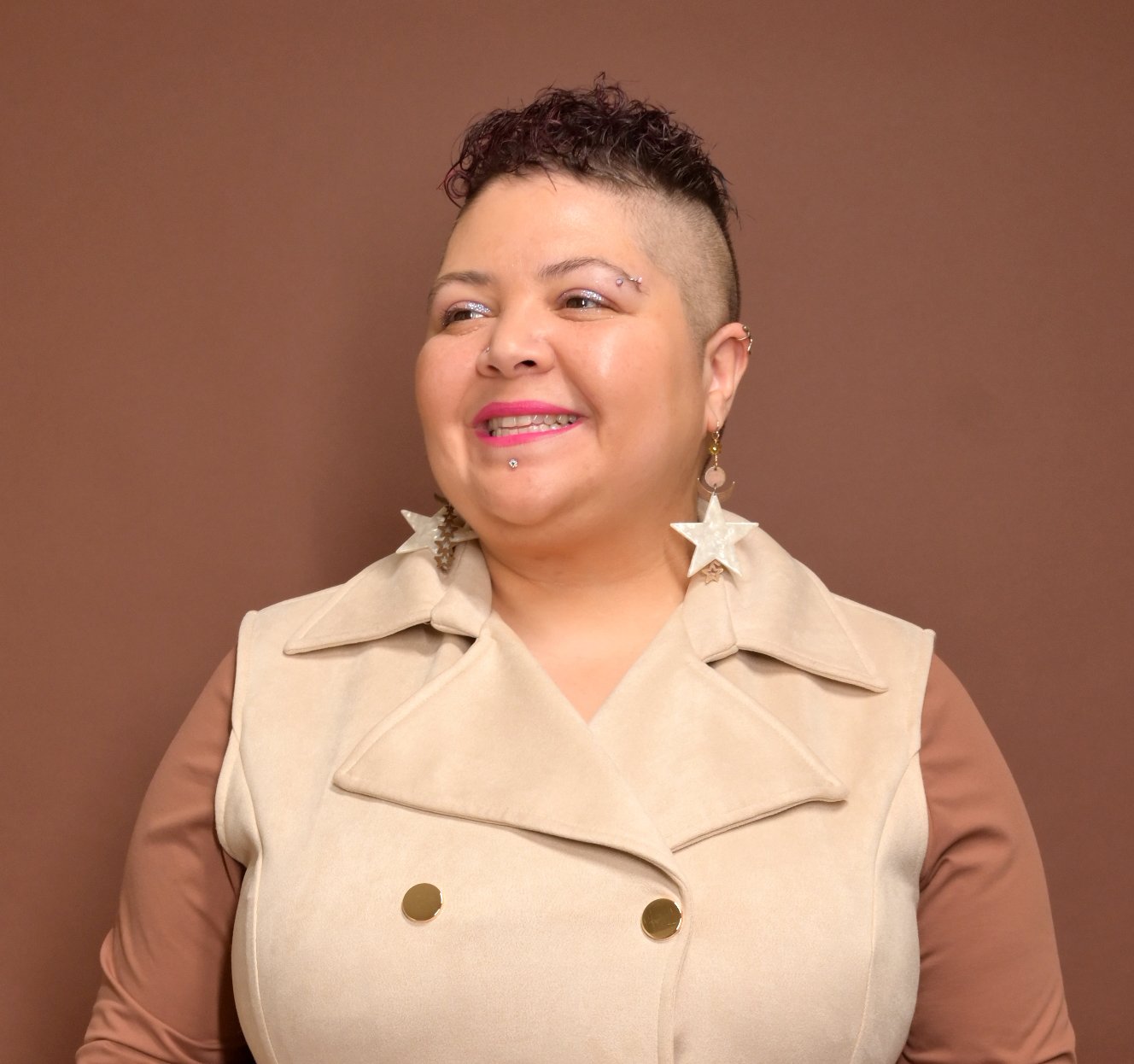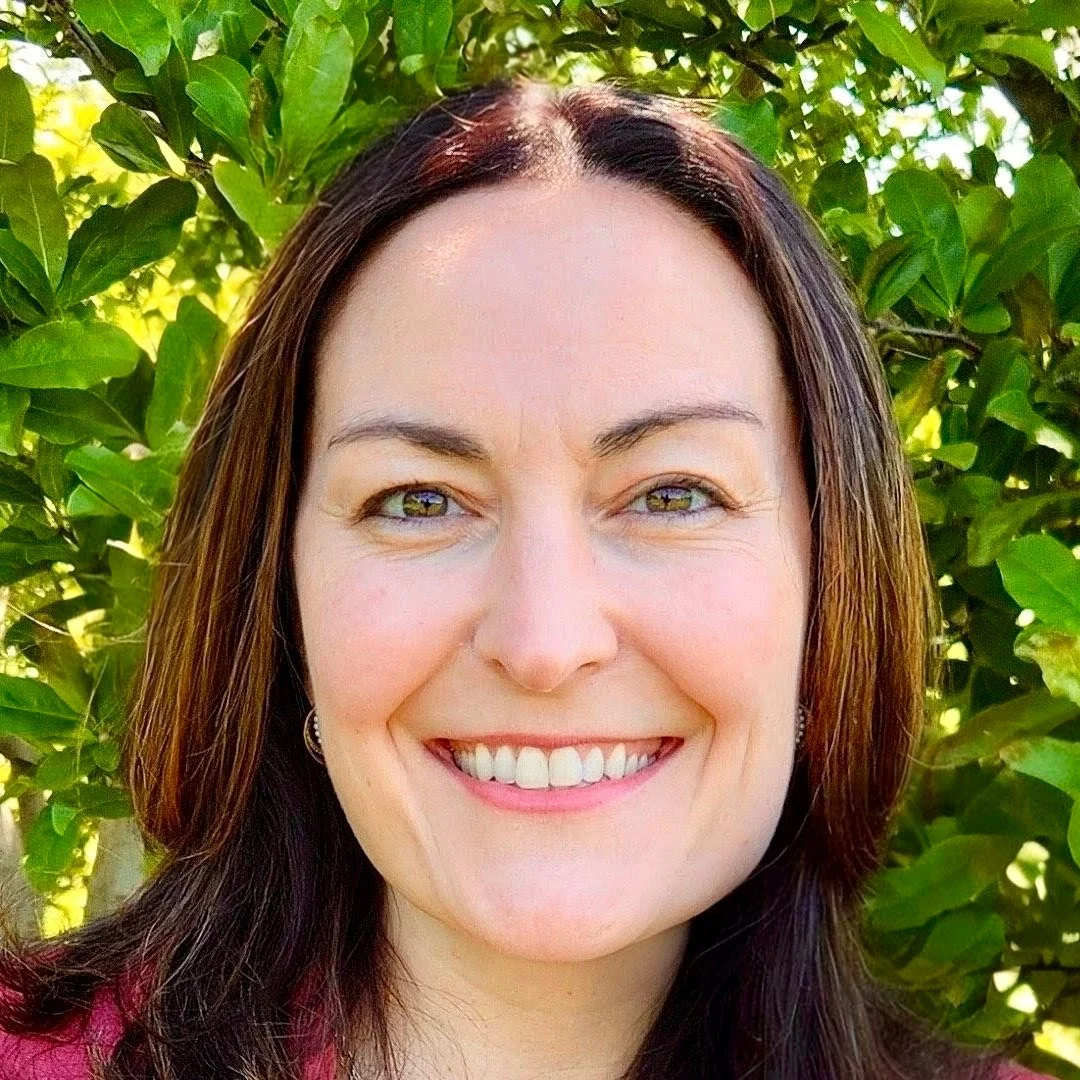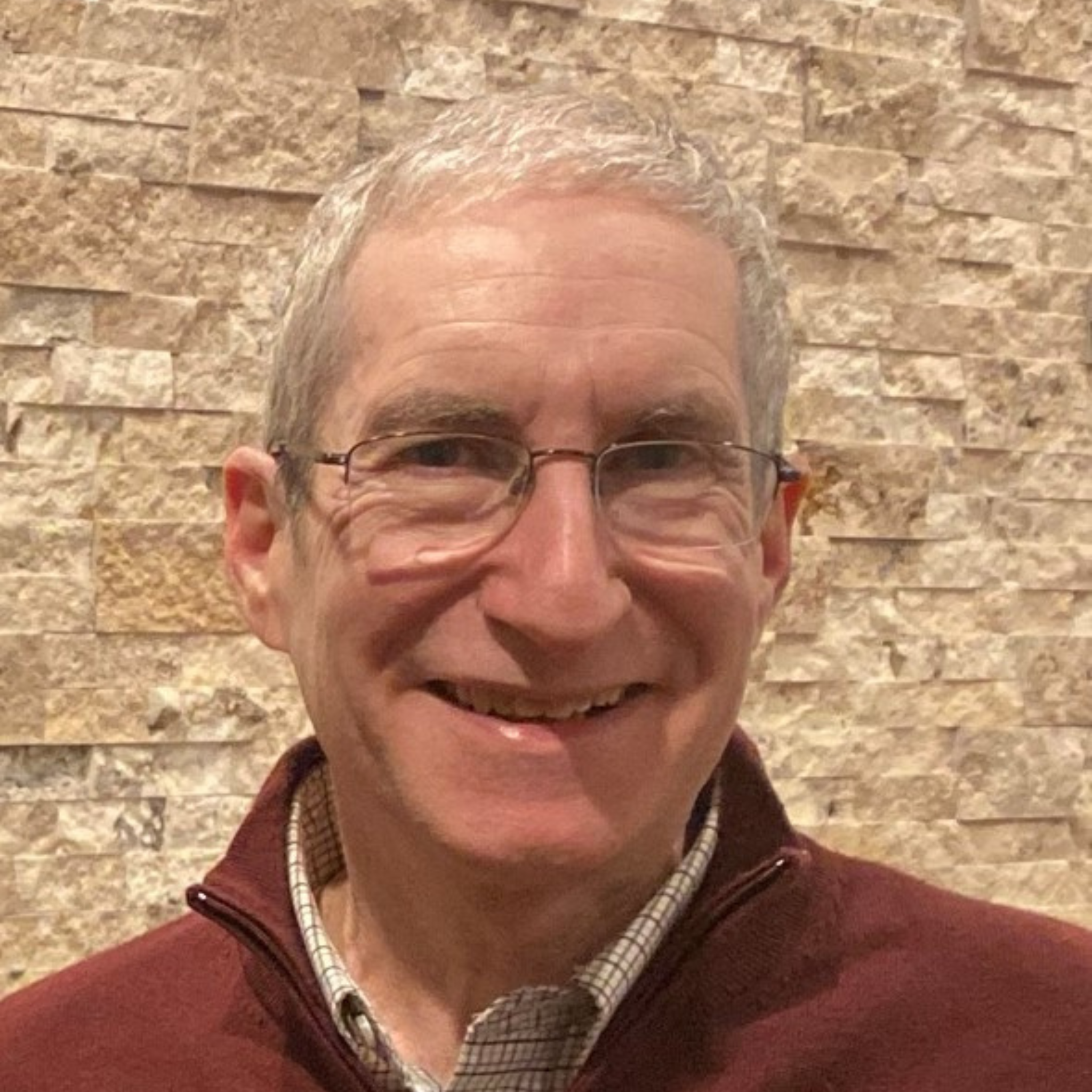
Our Programs
Classic Program
The format of a classic People & Stories/Gente y Cuentos program is essentially the same at all sites. Approximately 15-20 adults or young adults gather around a table or sit in a circle for eight, 90-minute sessions to hear and discuss short stories either in English or in Spanish. In each program, a trained coordinator reads a literary short story aloud. The oral reading cuts across the various literacy levels in the group and creates an atmosphere of shared experience. Following the reading, the coordinator facilitates a vibrant discussion on the poetics, tensions and contrasts, ambiguities, and themes found within the text. Participants draw upon their experiences and acquired knowledge to discuss the stories, discovering that their life experience has, in fact, prepared them to understand and examine complex literary art.
Writing Our Stories
The Writing Our Stories model, offered in English or in Spanish, includes an additional writing component to the Classic Program model and extends the series to ten, 120-minute sessions. Participants respond to a writing prompt at the end of each session and, at the end of the series, receive an anthology of the groups’ writing. Published guest authors visit two sessions of many of these programs to read their work, assist participants with the writing process and answer participant questions. Writing may be based on prompts given by the coordinator or stem from participant-chosen topics. It is not unusual for a quiet participant in the discussion to use the writing component as a chance to release thoughts and feelings triggered by the story and discussion. After writing, participants volunteer to read their pieces. Writing gives participants the opportunity to reflect on their lives in the light of what they have read.
Crossing Borders with Literature
Crossing Borders with Literature promotes deeper understanding across communities, using literature as an opportunity to stimulate dialogue in groups that cross urban and suburban boundaries. Suburban volunteers, also called participants, join the sessions at partner agencies and participate equally with other group members. Program coordinators conduct these programs in English or in Spanish. Through the reading and discussion, participants discover common threads between urban and suburban individuals, ultimately bridging ethnic, racial, and/or socio-economic gaps within and between municipalities.


